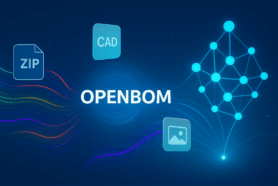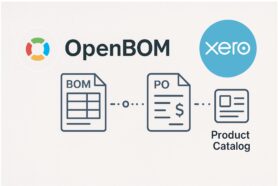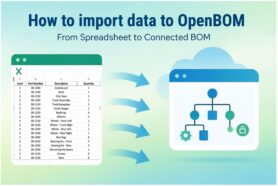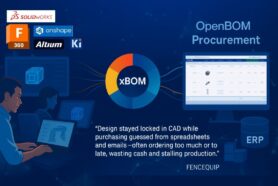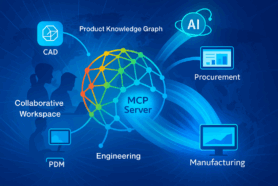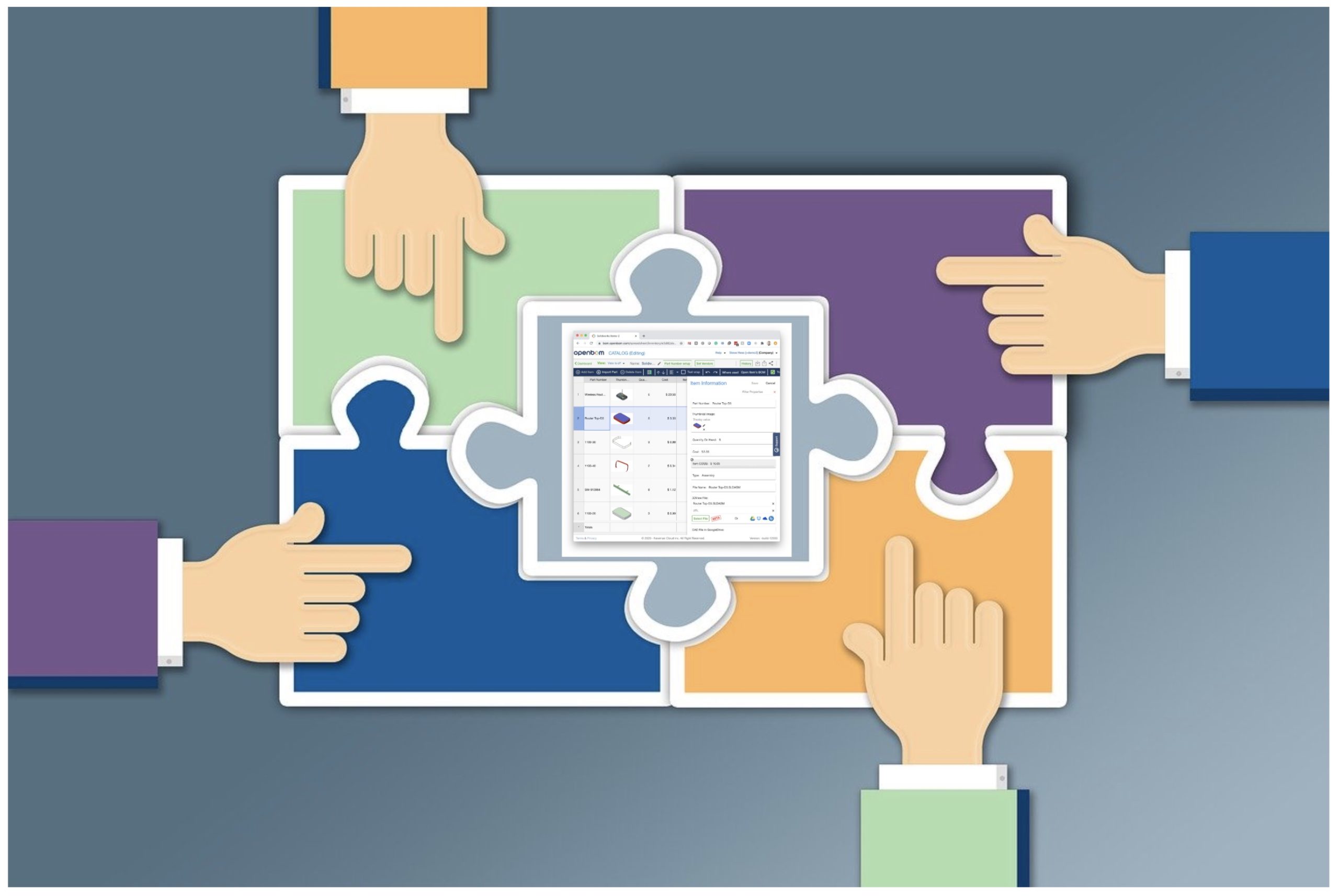
To have the right data shared with the right people at the right time. How many things did you hear this mantra? We all need to have data, but to deliver the data to the right people is hard. People are located in different places, working for different companies, and using different systems.
Traditional data management systems offered the solution – central databases (often called the single source of truth). Put the data in the database and voila, you’ve got what you need. On the surface, the idea is right. If you can do so, the problem is solved. But in reality, it doesn’t work. The so-called single source of truth databases (eg. PLM) keeps data for a company and allows to engineers in this company to get access to the data. To access the same data for downstream users in the company is much more complex (licenses are expensive, systems are too complex). To get access to the same data by users of contractors, partners, and customers even more complex – the access to the database is often prohibited to the users outside of the company.
OpenBOM gives you a powerful and flexible mechanism to manage data and at the same time to right pieces of information shared with the right people. And all of these without copy and transferring data to multiple locations. Here is how it works.
1- Multi-tenant, Flexible and Robust Data Schema
OpenBOM has data management capabilities allowing you to define completely flexible and customizable data schema. The core foundation is the OpenBOM reference-instance model focusing on product information representation, managing items, and instances of parts. The core model can be enhanced by defining any additional attributes of different types.
2- Instant Data Sharing Mechanism
OpenBOM uses popular and simple “share” mechanism to make data instantly available to any user of the system, Because of OpenBOM Multi-tenant architecture, even if the user is working for another company, he will be able to access the data without the export of the data from one database to another database.
3- User-defined views and role-based access
Sharing data instantly is the first step in making data available. The second step is to make it granular enough. Different people should have access to different elements of the data. Your purchasing people should be able to access cost and suppliers’ data. At the same time, you would like to restrict engineers from accessing prices. There are many other use cases. OpenBOM Team Views and User-Define VIews is the mechanism to have every user to get access to a subset of the data.
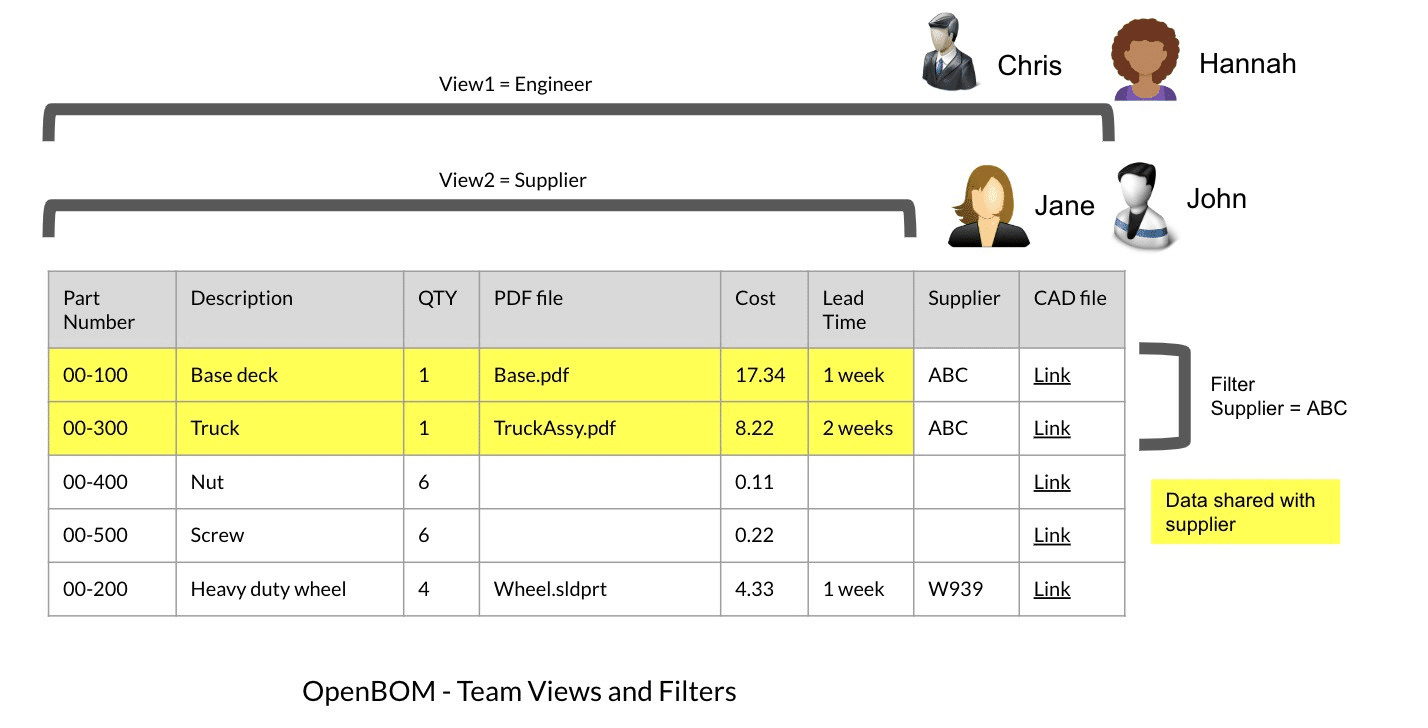
OpenBOM Training Library can give you more information about how to manage data, customize properties, to perform data sharing, and configure user-defined and team views. Check more here.
Conclusion
OpenBOM provides a unique set of functions to manage data in the most granular way, sharing data in your team, company, and other companies. Check OpenBOM Team and Company risk-free subscription for more information. You can register and start a 14-days free trial to get access to all OpenBOM functions.
Best, Oleg @ openbom dot com.
Want to learn more about PLM? Check out my Beyond PLM blog and PLM Book website
Read OpenBOM customer reviews on G2 Crowd to learn what customers are saying about OpenBOM.
Join our newsletter to receive a weekly portion of news, articles, and tips about OpenBOM and our community.


